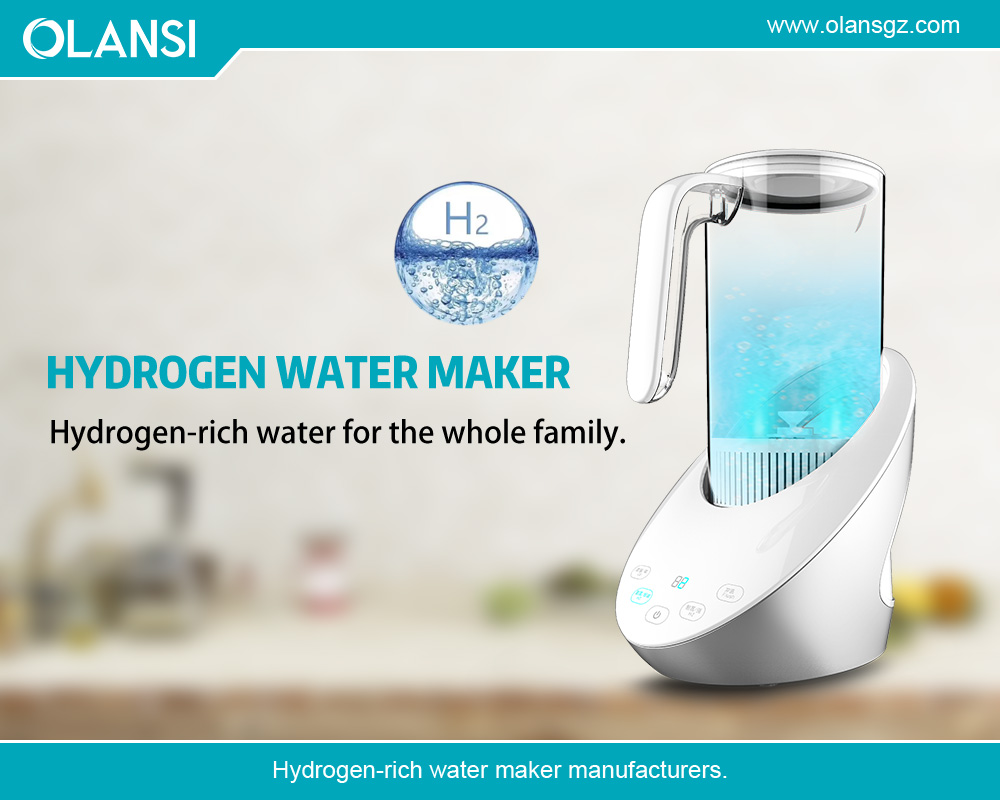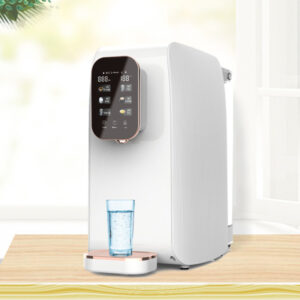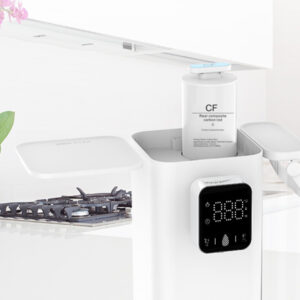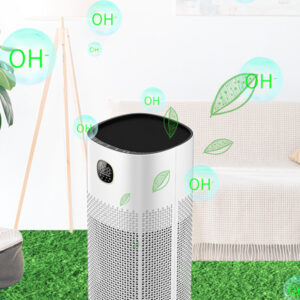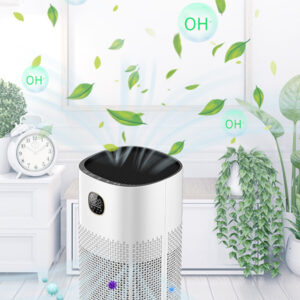Hydrogen Water vs Alkaline Water: Which is Better?
Hydrogen Water vs Alkaline Water: Which is Better?
Introduction
In the ever-evolving landscape of health and wellness trends, two types of enhanced water have gained significant attention: hydrogen water and alkaline water. Both promise a range of benefits, from improved hydration and antioxidant effects to potential disease prevention and enhanced athletic performance. But what exactly are these waters, and how do they differ? More importantly, which one offers superior advantages based on scientific principles and available evidence?
Alkaline water is characterized by its higher pH level, typically above 7, often achieved through ionization or the addition of minerals. Proponents claim it neutralizes acidity in the body, leading to better health outcomes. Hydrogen water, on the other hand, is infused with molecular hydrogen (H2) gas, which is touted for its selective antioxidant properties that combat oxidative stress without interfering with beneficial reactive oxygen species.
This article delves into the technical aspects of both waters, examining their production methods, biochemical mechanisms, purported health benefits, and supporting scientific data. By comparing their efficacy, safety, and practical considerations, we aim to determine which, if either, holds a clear edge in promoting health. Understanding these differences is crucial in an era where misinformation about wellness products abounds, and consumers seek evidence-based choices for their daily routines.
The debate between hydrogen and alkaline water isn’t just about taste or marketing hype; it’s rooted in chemistry and biology. Water, the universal solvent, can be modified in various ways to influence physiological processes. Alkaline water focuses on pH balance, drawing from the acid-base theory of disease, while hydrogen water targets free radical scavenging at the cellular level. As we explore these, we’ll uncover whether one truly outperforms the other or if both fall short of their claims.
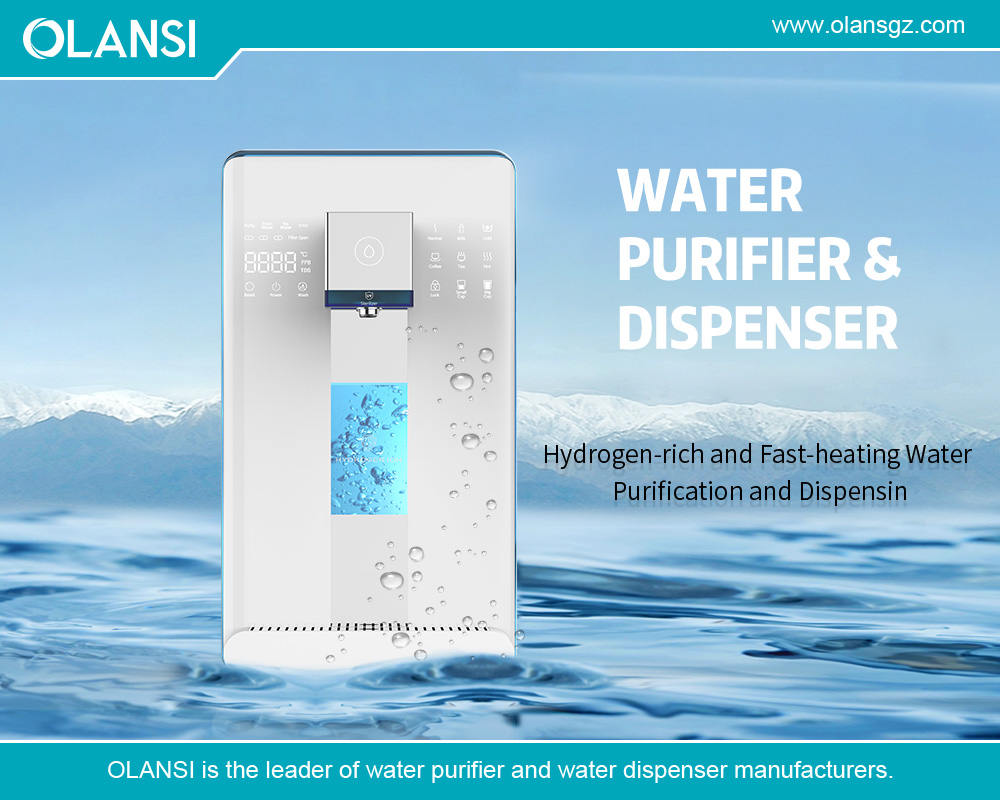
What is Alkaline Water?
Alkaline water refers to water with a pH greater than 7, making it less acidic than neutral tap water, which typically sits around 7 on the pH scale. The pH scale is logarithmic, meaning each unit represents a tenfold difference in hydrogen ion concentration. For instance, alkaline water at pH 9 has 100 times fewer hydrogen ions than neutral water.
Production of alkaline water can occur naturally or artificially. Natural alkaline water sources, like certain mineral springs, derive their alkalinity from dissolved minerals such as calcium, magnesium, and bicarbonate. Artificially, it’s often created using water ionizers, which employ electrolysis to separate water into acidic and alkaline components. In electrolysis, an electric current passes through water containing electrolytes, splitting H2O molecules at the electrodes. The cathode produces alkaline water rich in hydroxide ions (OH-), while the anode yields acidic water with hydrogen ions (H+).
The core claim behind alkaline water is its ability to counteract the body’s acidity. Modern diets high in processed foods, meats, and sugars are said to produce metabolic acids, leading to a condition called acidosis. Advocates argue that consuming alkaline water helps restore the body’s pH balance, potentially alleviating issues like acid reflux, fatigue, and even chronic diseases such as cancer or osteoporosis.
From a biochemical perspective, the human body maintains tight pH control through buffers like bicarbonate and proteins, as well as respiratory and renal systems. Blood pH is regulated between 7.35 and 7.45, and deviations can be life-threatening. When alkaline water enters the stomach, which has a highly acidic environment (pH 1.5-3.5 due to hydrochloric acid), it gets neutralized almost immediately. This raises questions about how much, if any, alkalinity reaches the bloodstream or tissues.
Scientific studies on alkaline water are mixed. Some small-scale trials suggest benefits for acid-base balance in athletes, where ionized alkaline water reduced blood viscosity and improved hydration post-exercise. For example, research has shown that alkaline water might enhance anaerobic performance by buffering lactic acid buildup during intense workouts. However, larger reviews, including those from health organizations, indicate limited evidence for broad health claims. The mineralization in alkaline water could provide trace elements beneficial for bone health, but this is more attributable to the minerals themselves rather than the pH.
Potential downsides include the risk of over-alkalization, though rare, which could disrupt digestive enzymes or gut microbiota. Cost is another factor; water ionizers range from hundreds to thousands of dollars, and bottled alkaline water is pricier than regular water. In summary, while alkaline water offers a plausible mechanism for minor hydration benefits, its overarching claims lack robust, large-scale validation.
What is Hydrogen Water?
Hydrogen water is regular water enriched with dissolved molecular hydrogen (H2) gas. Unlike alkaline water, its defining feature isn’t pH but the presence of H2, a diatomic molecule that’s the lightest and most abundant element in the universe. At standard temperature and pressure, hydrogen gas is sparingly soluble in water—about 1.6 mg/L at saturation—but specialized methods increase this concentration for therapeutic purposes.
Production methods vary. Electrolysis is common, similar to alkaline water production, but focused on generating H2 at the cathode. During electrolysis, water splits into hydrogen and oxygen: 2H2O → 2H2 + O2. The hydrogen gas is then dissolved back into the water. Other techniques include magnesium-based reactions, where magnesium reacts with water to produce H2 (Mg + 2H2O → Mg(OH)2 + H2), or using hydrogen-infusing devices like tablets or generators that release gas into water.
The primary mechanism of hydrogen water is its antioxidant activity. Molecular hydrogen acts as a selective reductant, neutralizing harmful reactive oxygen species (ROS) like hydroxyl radicals (•OH) and peroxynitrite (ONOO-), which contribute to oxidative stress—a key factor in aging, inflammation, and diseases such as diabetes, cardiovascular issues, and neurodegeneration. Unlike broad-spectrum antioxidants like vitamin C, H2 doesn’t react with beneficial ROS involved in cell signaling, making it potentially safer.
Biochemically, H2 diffuses rapidly across cell membranes due to its small size and neutrality, reaching mitochondria and nuclei where it modulates gene expression. It upregulates antioxidant enzymes like superoxide dismutase (SOD) and catalase, while downregulating pro-inflammatory pathways such as NF-κB. This selective action is supported by over 1,000 studies in animal models and human trials, spanning conditions from metabolic syndrome to athletic recovery.
Evidence for hydrogen water is more promising than for alkaline water. Clinical trials have demonstrated reduced oxidative markers in patients with rheumatoid arthritis, improved lipid profiles in those with hyperlipidemia, and faster recovery from muscle fatigue in athletes. For instance, a study on elite athletes showed hydrogen water decreased blood lactate levels and improved endurance. Animal studies suggest neuroprotective effects, potentially mitigating Parkinson’s or Alzheimer’s progression by reducing neuronal damage from oxidative stress.
Safety profiles are favorable; H2 is non-toxic, and excess simply exhales or diffuses out. However, achieving therapeutic concentrations (typically 0.5-1.6 ppm) requires fresh preparation, as H2 dissipates quickly from open containers. Devices for home use are available but can be costly, and efficacy depends on consistent dosing.
Key Differences and Similarities
While both hydrogen and alkaline water stem from electrolysis and aim to enhance health beyond plain water, their mechanisms diverge significantly. Alkaline water targets systemic pH balance, assuming dietary acids overwhelm the body’s buffers—a notion with limited support given the robustness of human homeostasis. Hydrogen water, conversely, addresses oxidative stress directly at the molecular level, with H2 acting as a signaling molecule rather than a bulk pH shifter.
Similarities include production via electrolysis, where alkaline water is often a byproduct of hydrogen generation in ionizers. Some devices produce both, leading to confusion—hydrogen-rich water can sometimes be alkaline due to concurrent OH- production. Both claim antioxidant benefits, but alkaline water’s derive indirectly from minerals, while hydrogen’s are direct from H2.
In terms of efficacy, hydrogen water edges out based on biochemical plausibility and accumulating evidence. Oxidative stress is a well-established contributor to pathology, and H2’s selectivity offers a targeted approach without side effects. Alkaline water’s benefits, when observed, may actually stem from incidental hydrogen production in ionizers, as some studies suggest the H2, not the pH, drives improvements.
Safety-wise, both are generally safe for healthy individuals, but alkaline water might interfere with stomach acidity, potentially affecting nutrient absorption or pathogen defense. Hydrogen water has no such concerns. Cost comparisons show similar investments in equipment, but hydrogen tablets offer a portable, affordable alternative.
Practical considerations include taste and accessibility. Alkaline water often has a smoother, mineral-rich flavor, while hydrogen water is neutral but requires immediate consumption to retain gas. For athletes or those with high oxidative loads (e.g., from pollution or stress), hydrogen might provide quicker benefits.
Comparative Analysis: Effectiveness, Safety, and Practicality
To determine which is better, we must evaluate effectiveness across health domains. For hydration, both may outperform plain water in specific contexts—alkaline for acid buffering in exercise, hydrogen for reducing inflammation. However, a meta-analysis of hydration studies favors hydrogen for sustained effects due to its cellular penetration.
In disease prevention, hydrogen shows stronger data. For cardiovascular health, H2 reduces endothelial dysfunction by scavenging ROS, potentially lowering atherosclerosis risk. Alkaline water’s mineral content might support bone density, but this isn’t unique to its pH.
Safety profiles differ subtly. Chronic high-alkaline intake could lead to metabolic alkalosis in rare cases, especially with kidney issues. Hydrogen has no upper limit toxicity, as it’s an endogenous molecule produced by gut bacteria.
Practically, hydrogen water’s volatility demands on-demand generation, whereas alkaline water stores better. Environmental impact is similar, with both requiring energy for production, but home devices minimize bottling waste.
Ultimately, “better” depends on individual needs. For general wellness, hydrogen water appears superior due to its mechanistic specificity and evidence base.
|
Aspect
|
Alkaline Water
|
Hydrogen Water
|
|---|---|---|
|
Mechanism
|
pH elevation, acid neutralization
|
Selective ROS scavenging
|
|
Production
|
Electrolysis, mineral addition
|
Electrolysis, chemical reaction
|
|
Benefits
|
Hydration, acid reflux relief
|
Anti-inflammation, metabolic support
|
|
Evidence
|
Limited, mixed results
|
Stronger, more studies
|
|
Safety
|
Possible GI issues, alkalosis risk
|
Non-toxic, no known risks
|
|
Cost
|
High for machines
|
Similar, but portable options
|
Differences highlight hydrogen’s superiority in addressing root causes like oxidative stress, whereas alkaline’s effects may be placebo or secondary to minerals/H2. Similarities include electrolysis overlap, where many alkaline ionizers produce hydrogen incidentally.
For effectiveness, hydrogen is better for chronic conditions; alkaline for acute acidity. Safety favors hydrogen, practicality depends on lifestyle.
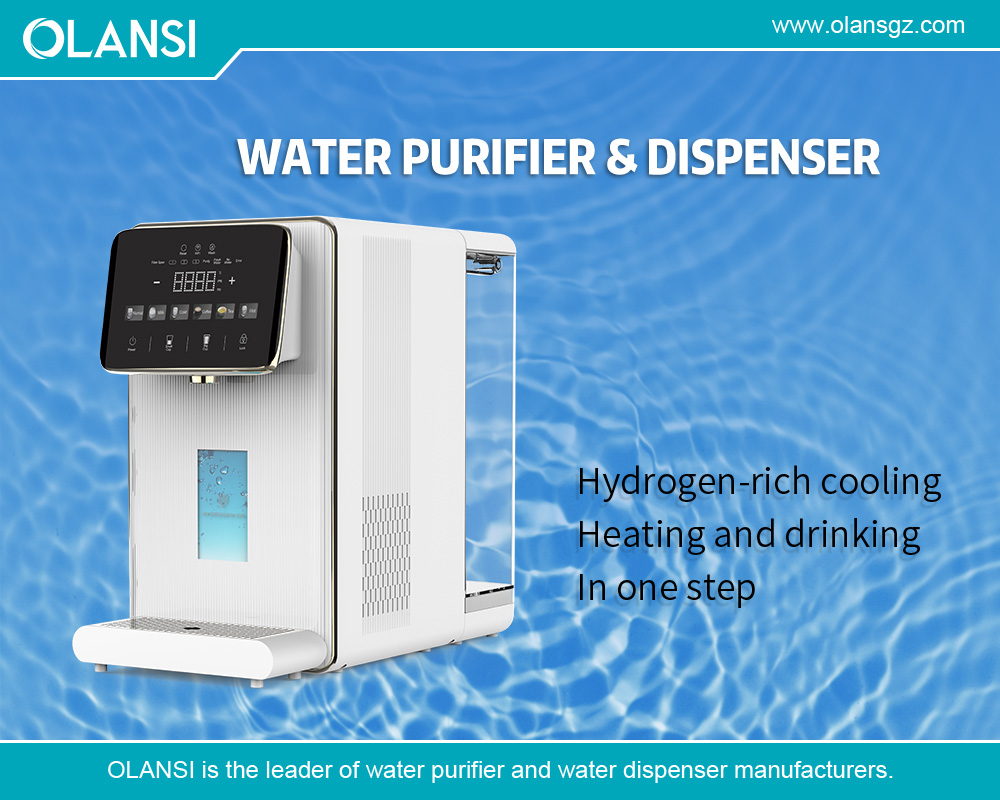
Conclusion
In the comparison of hydrogen water versus alkaline water, hydrogen emerges as the more promising option. Its targeted antioxidant effects, backed by substantial research, offer tangible benefits for oxidative stress-related conditions without the theoretical pitfalls of pH alteration. Alkaline water, while popular, relies on overstated claims about body acidity that don’t hold up under scrutiny.
That said, neither replaces a balanced diet, exercise, or medical advice. Plain water remains the gold standard for hydration, but if enhancing it, hydrogen water provides a scientifically grounded edge. Future research may refine these insights, but current understanding tilts toward hydrogen as the better choice.
For more about hydrogen water vs alkaline water which is better, you can pay a visit to Olansi at https://www.olansgz.com/product-category/hydrogen-water-maker/ for more info.


